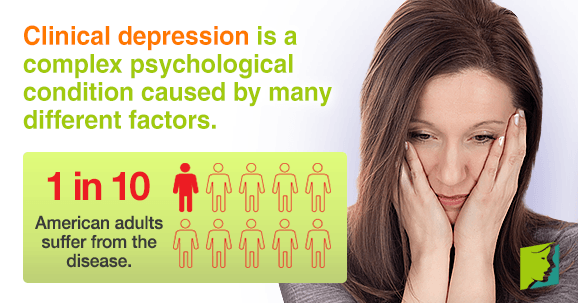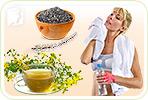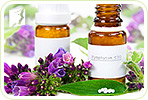All of us face periods in our lives when we feel sad, down, and helpless, but depression is much more than this - it does not go away on its own and cannot simply be “snapped out of”. It is a chronic illness that can negatively impact an individual's life. Severity varies from person to person, but with the right treatment and lifestyle changes, it is possible to manage the condition and live a normal life. Read on to find out more about this debilitating disorder.
What Is Clinical Depression?
Depression manifests itself as feelings of sadness and hopelessness that won't go away, and it is estimated that 1 in 10 American adults suffer from the disease. Symptoms may be similar to sadness caused by grief or illness, but are not the same. For people suffering with depression, day-to-day life can seem impossible, and even the simplest of tasks can seem exhausting.
What Are the Symptoms?
There are many symptoms caused by depression, and many have an adverse effect on quality of life. Symptoms can be physical, psychological, and even social. A few are listed below:
Physical
- Disturbed sleep
- Loss of appetite
- Extreme weight fluctuation
- Unexplained aches and pains
- Fatigue or loss of energy
Psychological
- Continuous sadness
- Feeling tearful
- No motivation
- Feelings of worthlessness
- Trouble thinking or concentrating
Social
- Avoiding contact with friends
- Losing interest in hobbies
- Taking part in fewer social activities
In order to diagnose depression, someone has to meet at least five of the symptom criteria published in the Diagnostic and Statistical Manual of Mental Disorders (DSM).
What Causes Depression?
Depression is a complex psychological condition that can be caused by many different factors. These can range from external life events, such as loss of a loved one or being isolated from friends and family, to internal hormonal imbalances and even genetics. Family history is a significant risk factor. The chances of developing depression are increased if a close relative has or has had the illness.
Lifestyle can also contribute to causing depression, such as drug and alcohol consumption. Alcohol is a “strong depressant,” so excessive drinking can trigger or worsen depressive symptoms.
Physical illness can also be a contributing factor. Risk of depression is increased in people with a longstanding disease, such as coronary heart disease, and a head injury can result in mood swings and severe emotional problems.
Treatments for Depression
Depending on the type and severity of the depression, a sufferer might be prescribed therapy, antidepressants, or a combination of the two.
Making healthy lifestyle choices, such as eating healthily and exercising, is also recommended in order to help combat depression. In fact, research suggests that exercise can be as effective as antidepressants at reducing depression symptoms. For adults aged 19 - 64, it is recommended to do at least 20 - 30 minutes of moderate intensity exercise every day.
Being physically active reduces stress and anxiety by boosting the release of endorphins and improving self-esteem. This should also be complemented by a diet that incorporates lots of fruit, vegetables, and protein-rich foods, and dairy foods. For mild depression, a healthy lifestyle could even be sufficient treatment.
Depression is complex and has a variety of risk factors, with some people being more susceptible to it than others. The treatments depend on the causes, and so the most effective treatment varies from person to person. Therefore, it is important to consult a doctor for a long-term health plan. In general, however, a healthy lifestyle is the first step on the road to recovery and a more lifted mood, and will benefit everyone - even those not suffering from depression.
Sources
- Centers for Disease Control and Prevention. (2012). An Estimated 1 in 10 U.S. Adults Report Depression. Retrieved July 14, 2014, from http://www.cdc.gov/features/dsdepression/
- Depression Alliance. (2014). Information. Retrieved July 14, 2014, from http://www.depressionalliance.org/information/
- National Health Service UK. (2012). Clinical Depression. Retrieved July 14, 2014, from http://www.nhs.uk/Conditions/Depression/Pages/Introduction.aspx




